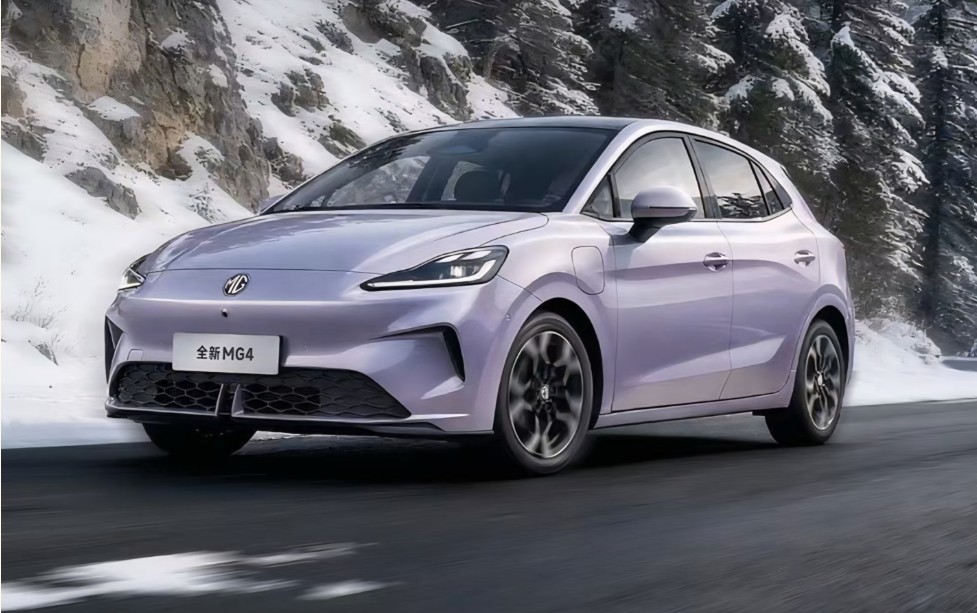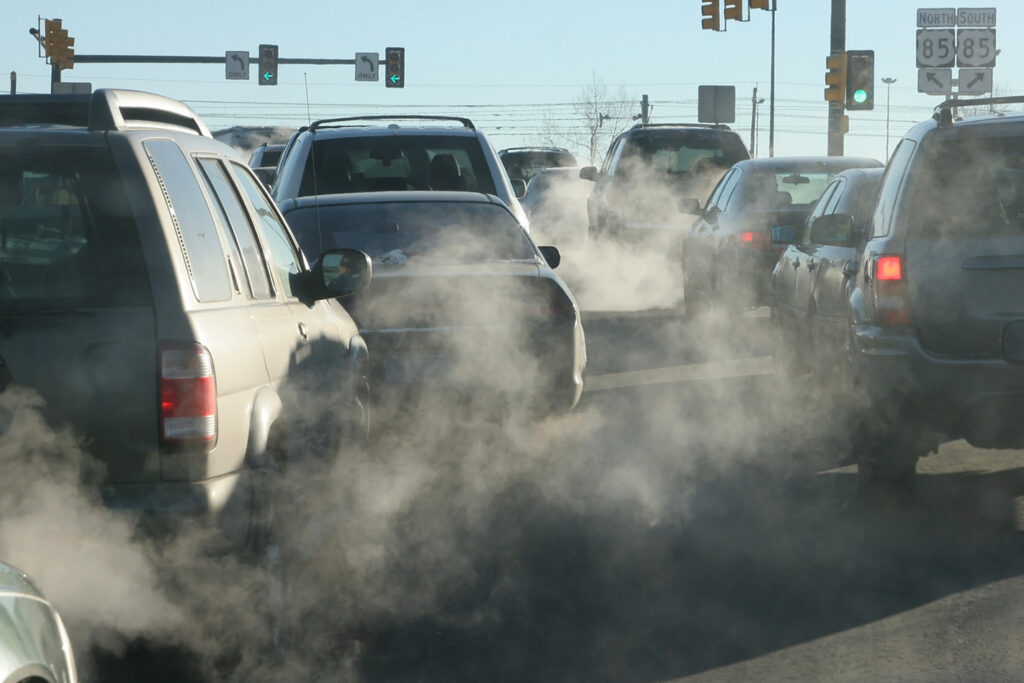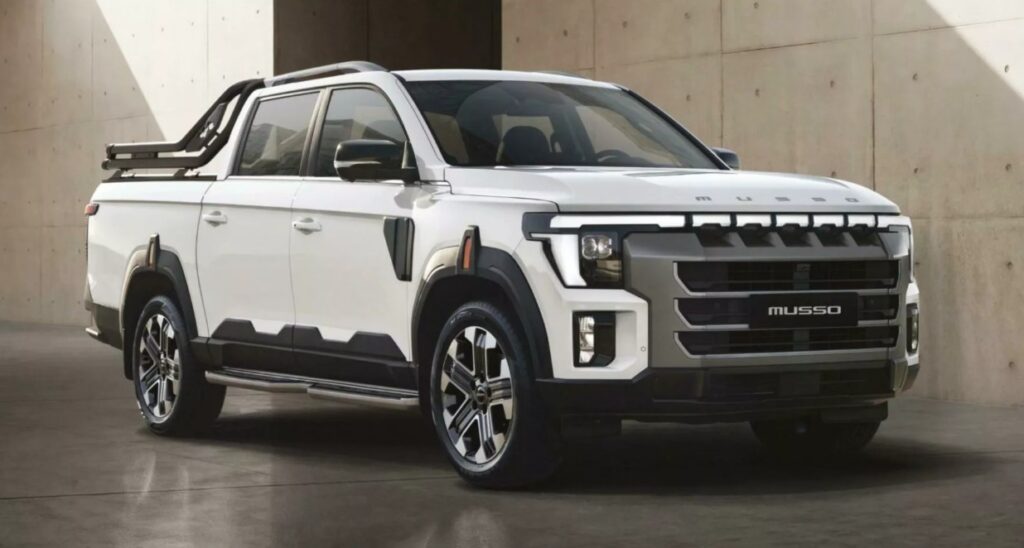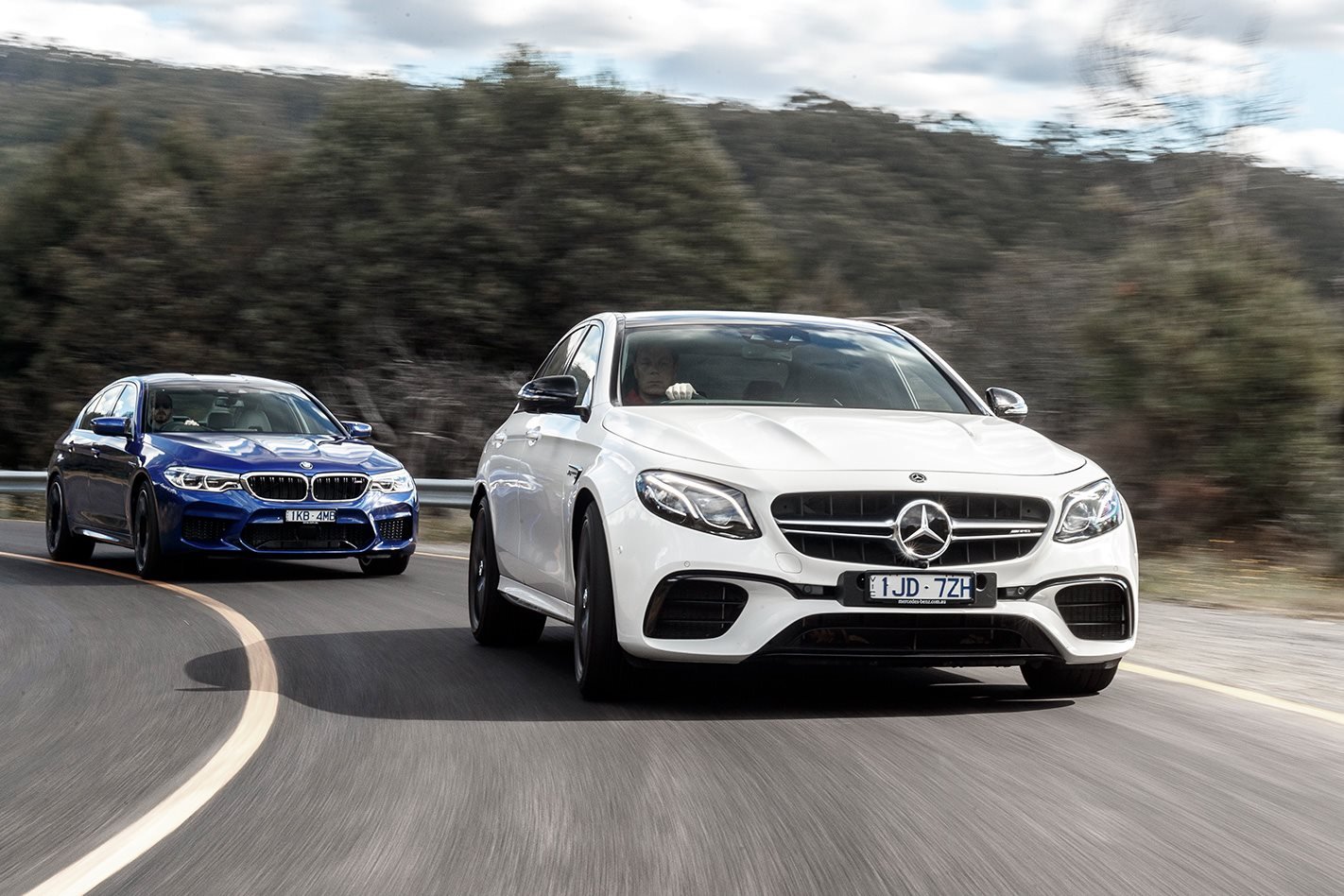
If you feel like you’re blueing with your Bluetooth a lot, or that you’re always mad at your multimedia system, you’re not alone.
A recent study by global consumer insights and analysis firm JD Power has found that customers are reporting increasingly high numbers of issues with modern in-car technology systems.
The study, conducted in Europe and the UK, reveals that luxury brands are the worst offenders, with four of the worst five scores coming from BMW, Jaguar, Land Rover and Audi.
Now in its fifth year, the study measures the number of problems experienced per 100 vehicles from a sample of more than 11,000 owners, with a lower score indicating better performance.
Specifically, it measures 177 problem symptoms in eight categories: vehicle exterior; driving experience; features/controls/displays (FCD); audio/communication/entertainment/navigation (ACEN); seats; heating, ventilation and air conditioning (HVAC); vehicle interior; and engine and transmission.
Peugeot scored the best with 77 problems per 100 vehicles, while BMW fared the worst with 188 issues per 100 cars.
Skoda’s Octavia topped the compact car ranks, the Volkswagen Tiguan scored best in the medium SUV field and the Mercedes-Benz E-Class topped the luxury car class.
Owners of premium vehicles reported more problems than owners of high-volume vehicles, mainly because a higher percentage of premium vehicles have built-in navigation systems.
Premium brand owners were also more unforgiving when it came to engine problems, being 12 percent more likely to switch brands after an issue when compared to mainstream buyers.
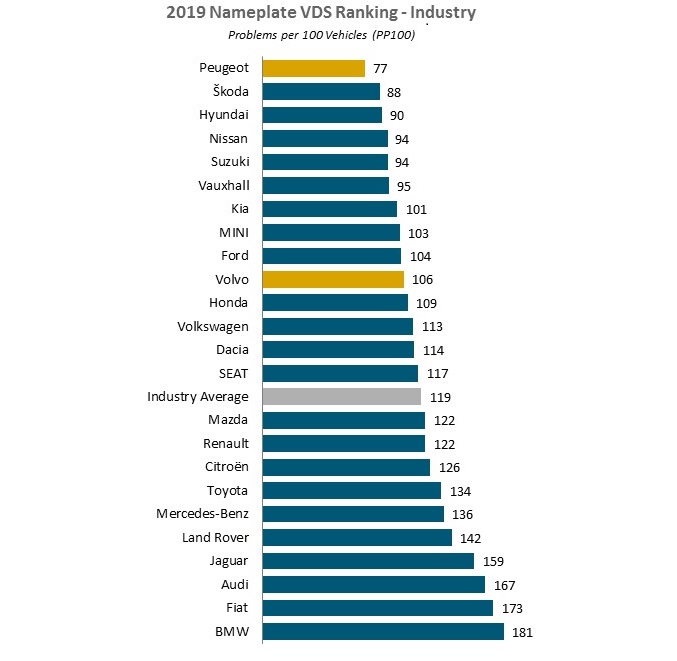
The average score for newer safety technology features like blind spot monitoring, collision avoidance and lane departure warning systems is 2.4 problems per 100 vehicles (1.8 PP100 for volume brands and 4.0 PP100 for premium brands).
This is higher than the 1.5 PP100 figure recorded for other optional systems like alarms, keyless entry, and adaptive cruise control systems.
Interestingly, problems with electric and hybrid vehicles are higher in total – mainly in the areas of ACEN, seats and (somewhat ironically) engines – than with vehicles with internal combustion engines. Electric and hybrid owners are, however, more likely to stay with the same brand in the future.
“It’s clear that manufacturers still have work to do to perfect those systems, particularly premium brands that use them as a major selling point,” said Josh Halliburton, Head of European Operations at J.D. Power. “It’s also going to be vital for vehicle makers to win customer trust in this technology if they are to convince potential buyers that fully automated vehicles in the future will be reliable.”

